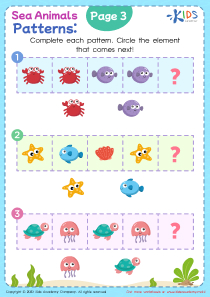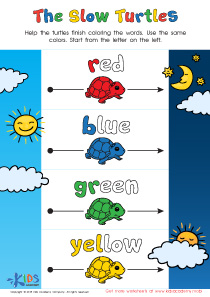Easy Logical Thinking worksheets activities for Preschool
3 filtered results
-
From - To
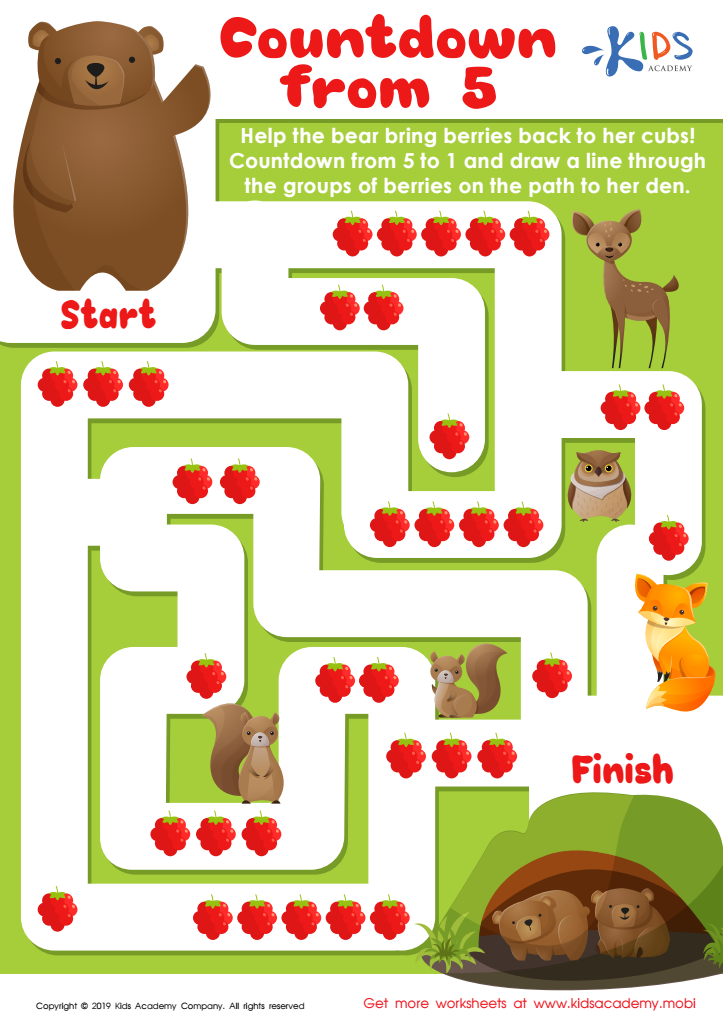

Countdown from 5 Worksheet
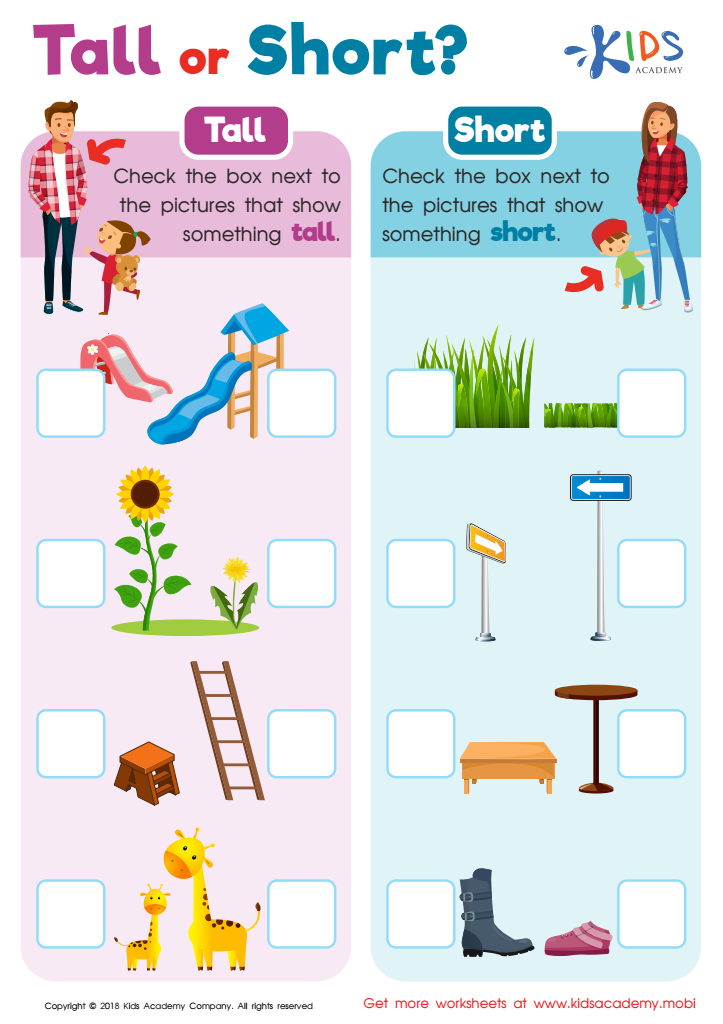

Tall or Short? Worksheet
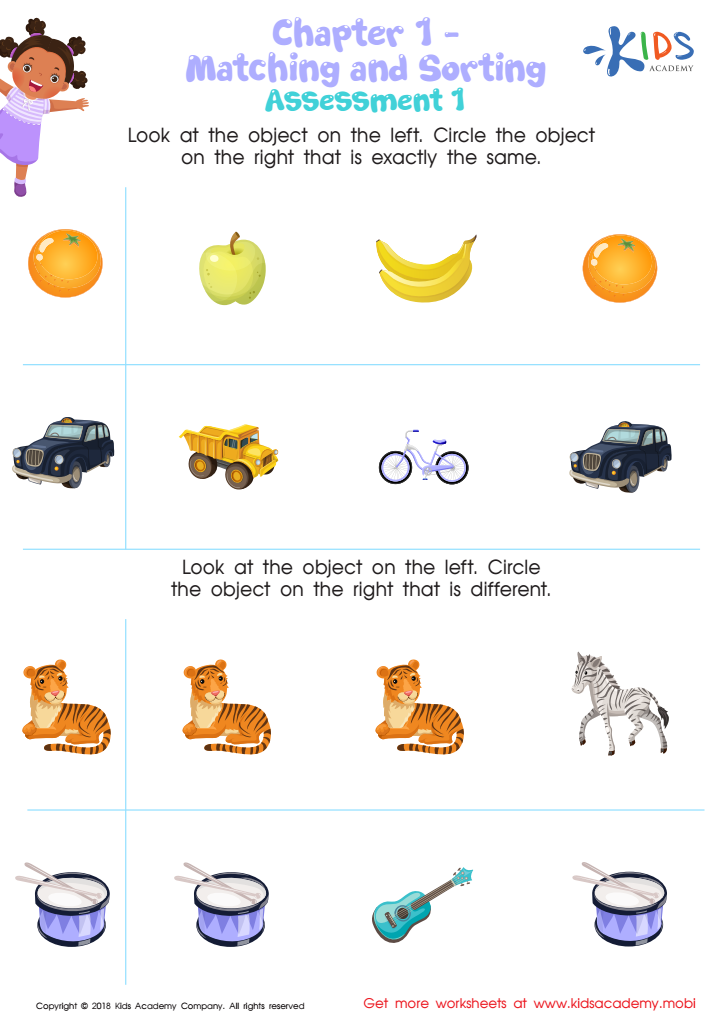

Matching and Sorting for Preschool: Assessment 1 Worksheet
Introducing preschoolers to Easy Logical Thinking worksheets activities is a foundational step toward nurturing critical thinking and problem-solving skills from a young age. These worksheets are meticulously designed to align with the developmental abilities of preschool children, ensuring that they are both challenging and achievable, igniting curiosity without causing frustration.
Engaging in Easy Logical Thinking worksheets activities for Preschool offers a multitude of benefits. Firstly, these activities enhance cognitive flexibility, allowing children to see problems from multiple angles and come up with various solutions. Logical thinking is not innate; it’s a skill that can be developed through practice. By starting young, children get a head start in honing this essential skill.
Secondly, these worksheets activities promote concentration and focus. Preschoolers, known for their boundless energy and sometimes short attention spans, can learn to settle into a task, directing their attention to solving puzzles and working through problems step by step. This skill is invaluable, laying the groundwork for successful learning in school and beyond.
Moreover, Easy Logical Thinking worksheets are designed to be interactive and entertaining. By incorporating vibrant colors, engaging characters, and intriguing scenarios, children are more likely to be drawn into the activities, viewing them as a form of play rather than work. This positive association with learning fosters a love for education early on, which is crucial for lifelong learning.
Additionally, these activities provide an excellent opportunity for parents and educators to bond with children. Working together on a worksheet can open up discussions about various strategies and solutions, encouraging verbal communication and active listening. It’s an engaging way to teach children that learning is not a solitary journey but a collaborative effort.
In conclusion, Easy Logical Thinking worksheets activities for Preschool are not just about learning to solve problems. They’re about developing a well-rounded skill set that includes cognitive flexibility, focus, a positive attitude toward learning, and effective communication. Starting these lessons early sets children on a path to becoming thoughtful, creative, and proficient problem solvers.

 Assign to My Students
Assign to My Students








